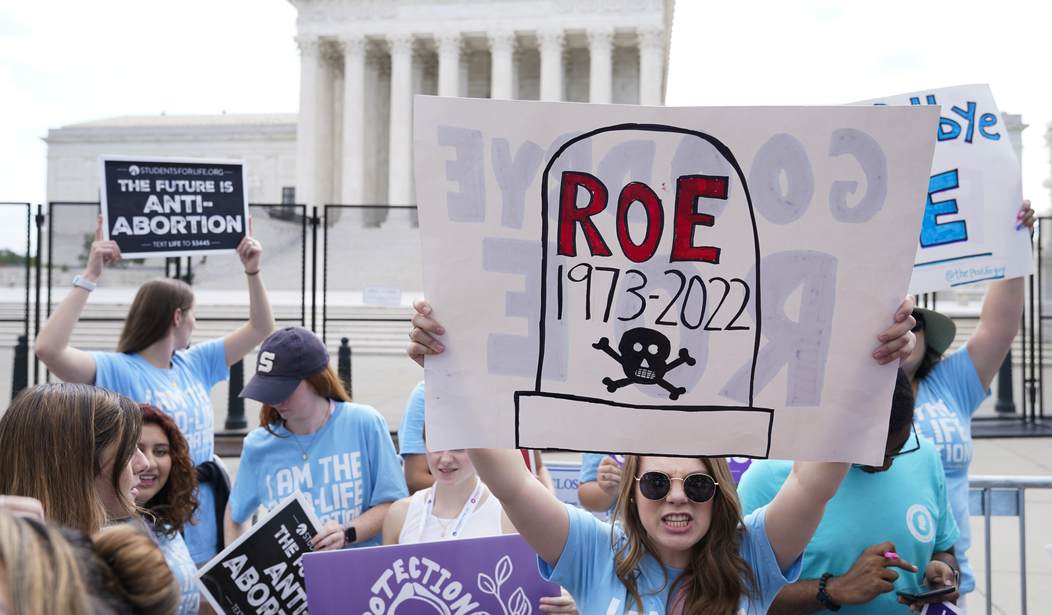Since the Supreme Court's historic ruling in Dobbs v. Jackson Women's Health Organization, which overturned Planned Parenthood v. Casey and Roe v. Wade, many states have enacted pro-life laws to protect the unborn. This week, a law in Georgia went into effect banning abortions after fetal heartbeat detection.
Georgia's law is similar to one in Texas that took effect last year. The Texas law allows private citizens to pursue legal action against anyone who aids a woman seeking an illegal abortion or provides an illegal abortion. Lawmakers in another state unveiled a proposal recently that takes this a step further to prohibit websites that direct women in the state to resources to obtain an abortion.
State senators in South Carolina introduced a proposal that would make it illegal to aid someone in obtaining an abortion. And in addition, would make it illegal to provide information on the internet or telephone on how to get an abortion.
The bill outlines several methods in which someone could aid a pregnant woman who is seeking an abortion.
The prohibition against aiding and abetting a violation of Section 44-41-830 includes, but is not limited to knowingly and intentionally:
(1) providing information to a pregnant woman, or someone seeking information on behalf of a pregnant woman by telephone, internet, or any other mode of communication regarding self-administered abortions or the means to obtain an abortion, knowing that the information will be used, or is reasonably likely to be used, for an abortion;
(2) hosting or maintaining an internet website, providing access to an internet website, or providing an internet service purposefully directed to a pregnant woman who is a resident of this State that provides information on how to obtain an abortion, knowing that the information will be used, or is reasonably likely to be used for an abortion;
(3) offering or providing abortion doula services, knowing that the services will be used, or are reasonably likely to be used for an abortion;
(4) providing a referral to an abortion provider, knowing that the referral will result, or is reasonably likely to result, in an abortion; and
(5) providing a referral to an abortion provider and receiving monetary remuneration, or other compensation, from an abortion provider for the referral.
Jim Bopp, a general counsel at the National Right to Life Committee, told The Washington Post that South Carolina's legislation is modeled from a blueprint from the organization.
Recommended
In an interview with The Washington Post, Bopp said that the group has refined its blueprint for states since the South Carolina bill was introduced last month. The restrictions on websites and internet hosts in the July model bill language would only apply when the information is likely to be used “for an unlawful abortion in this state,” he said, not abortions generally, as the South Carolina bill says.
The group “tried to be very careful in vetting this so it doesn’t impinge on First Amendment rights,” he added.
This week, lawmakers in South Carolina began drafting legislation to protect the unborn. GOP Gov. Henry McMaster said shortly before the Supreme Court overturned Roe that he "looks forward to the day we don't have abortions."
























